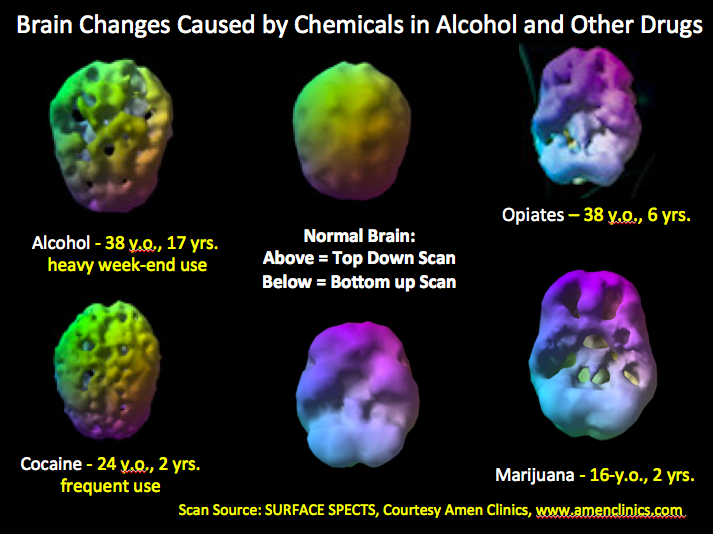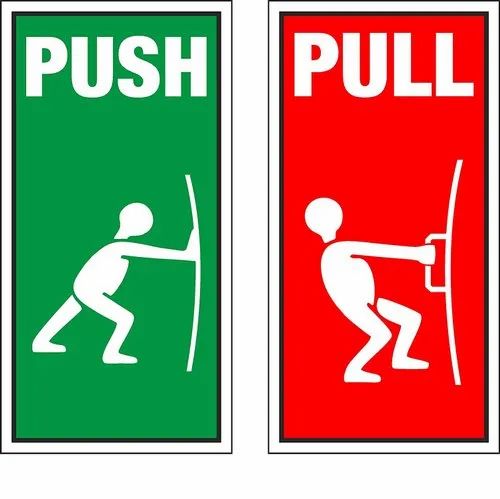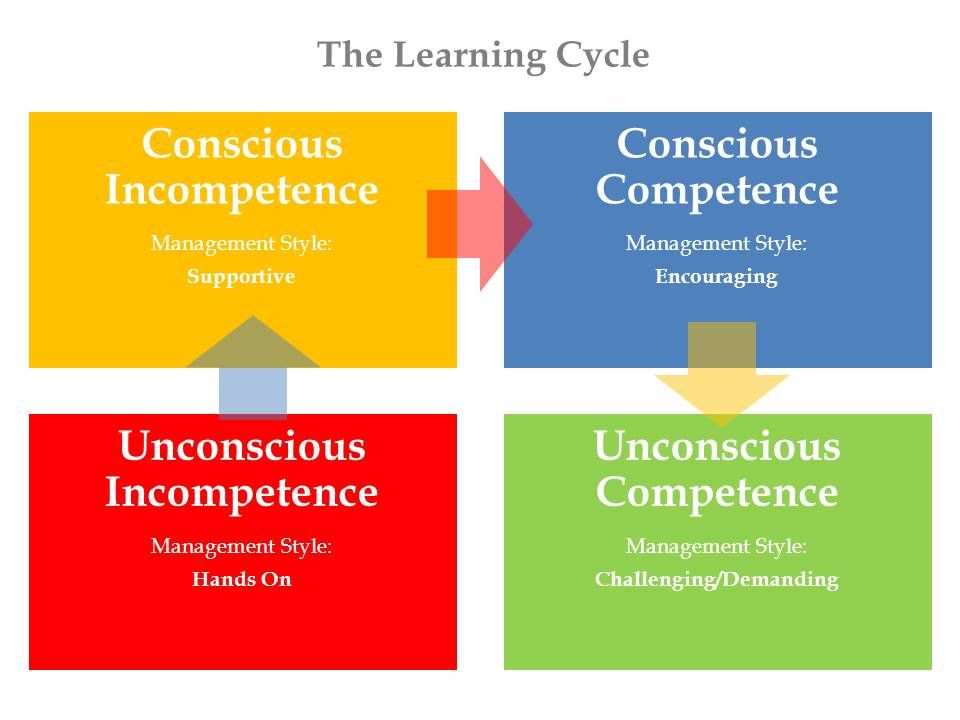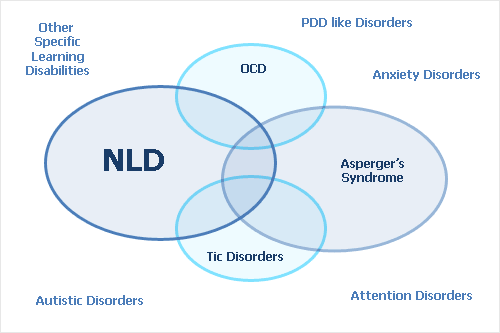Changing brain chemistry
10 Things You Can Do to Literally Change Your Brain
We used to think that intelligence is innate. Some people have it, and others just don’t. The brain we’re born with is the one we’re stuck with for life.
That couldn’t be farther from the truth.
New and improving technologies in neuroscience are giving us deeper insight into the mysterious gray stuff between our ears. It turns out, our brains are surprisingly dynamic; we do things every single day that affect their structure and chemistry.
Below are ten of the ways that we can literally change our brains, for better or worse…
1. ExercisingPhysical activity is important for obvious reasons. However, exercise doesn’t just promote a healthier body. Recent research has shown that physical exercise also benefits your brain.
For starters, physical activity can improve your brain’s “plasticity” – a cerebral quality that affects memory, motor skills, and the ability to learn – according to a study conducted at the University of Adelaide in Australia. A small group of adults in their late 20s and early 30s participated in a 30-minute session of vigorous activity. Immediately after the session, their brains showed a significant increase in neuroplasticity.
If that’s not enough motivation to get out for run, research shows that exercise also release chemicals in the brain that make us feel happy. Buffer co-founder Leo Widrich explains that endorphins and a complicated-sounding protein called Brain-Derived Neurotrophic Factor (BDNF) are released in the brain as you do physical exercise. These two chemicals help fight stress and promote happiness. Endorphins are also known to give a feeling of euphoria, which would explain why some people can actually become addicted to exercise.
In short, exercise makes you smarter and happier at the same time. Sounds like a win-win to me.
2. SleepingSleep is an essential activity that not even science can fully explain. We know that it’s restorative, everyone does it, and a lack of it can be really bad.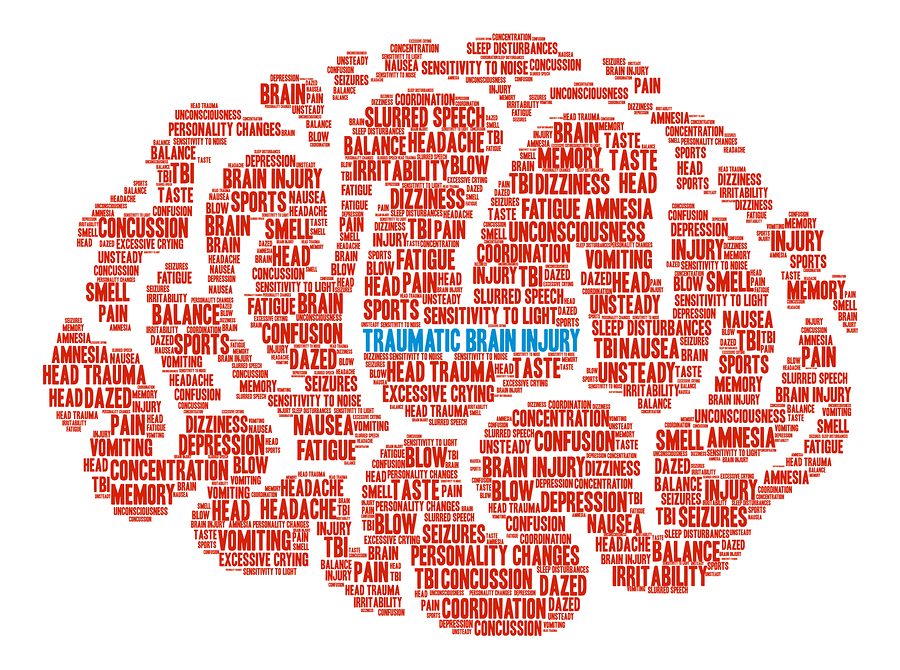 But researchers still struggle to understand why we sleep.
But researchers still struggle to understand why we sleep.
It certainly isn’t an energy-saving technique, as we only actually save roughly 50kCal over the course of an eight-hour sleep. Yet, going without sleep can make you irritable, lead to memory loss and false memories, and, in extreme cases, cause slurred speech and even brain damage.
So what happens when you sleep? Your brain gets to work archiving memories, making creative connections, and cleaning out toxins, as Huffington Post’s Carolyn Gregoire explains. Further, these benefits aren’t limited to a full night’s sleep. A short afternoon nap can provide you with a boost of energy equivalent to roughly one or two cups of coffee, as well as increased retention of facts and greater creativity.
In other words, if you’re not feeling on your toes at work or if you need some inspiration, one of the most effective things you can do is find a cozy corner and grab some rest. Just don’t blame us when your boss doesn’t believe you.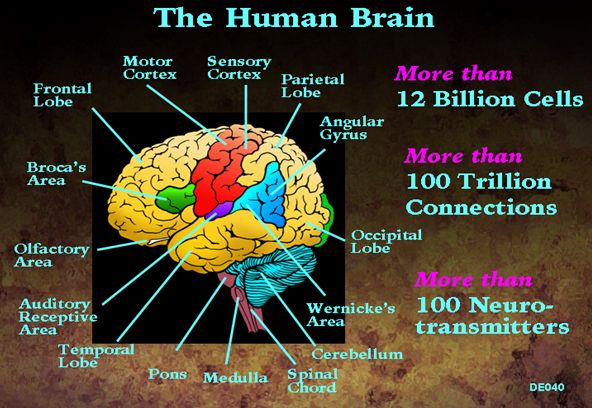
People have sworn by meditation for millennia, and for good reason. Meditation doesn’t just help you find emotional balance in your life – it actually changes your brain.
As Rebecca Gladding M.D. explained the physical process in Psychology Today. Before beginning a regular meditation habit, people tend to have strong neural connections with the ventromedial prefrontal cortex, what Gladding calls the “Me Center” of the brain. As a result, they are more likely to interpret physical sensations of anxiety or fear as a personal problem, something directly-related to themselves. As a result, they are more likely to experience repeated thoughts about their lives, mistakes they’ve made, what people think about them, etc.
The “Me Center” isn’t particularly rational.
In contrast, people who meditate regularly show weaker connections with the “Me Center” of the brain and stronger connections with the lateral prefrontal cortex, or the “Assessment Center” of the brain.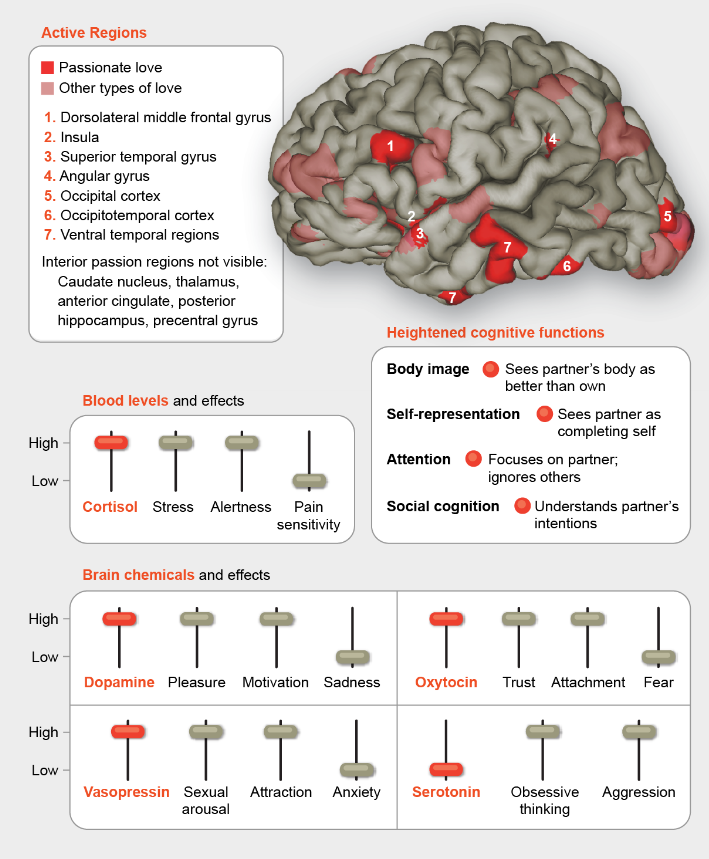 This helps meditators to take problems less personally and approach them more logically.
This helps meditators to take problems less personally and approach them more logically.
This means that, through meditation, we can become better at managing anxiety, stress, and potentially dangerous situations. In addition, the neural connections which grow stronger through meditation help promote empathy and compassion, particularly for people who are most unlike us, says Gladding.
So sitting still and trying to focus on the present moment for as little as 15 minutes per day significantly reduces stress and essentially makes you a better person overall.
4. Drinking coffeeFor centuries humans have participated in the ritual of taking seeds, roasting them, grinding them up, and steeping the grounds in hot water for a quick jolt of energy. Some people won’t get out of bed without the promise of a warm cup of Joe waiting for them. But what is this energizing drink really doing to your brain?
In a post last November, I explained the fascinating science of coffee drinking.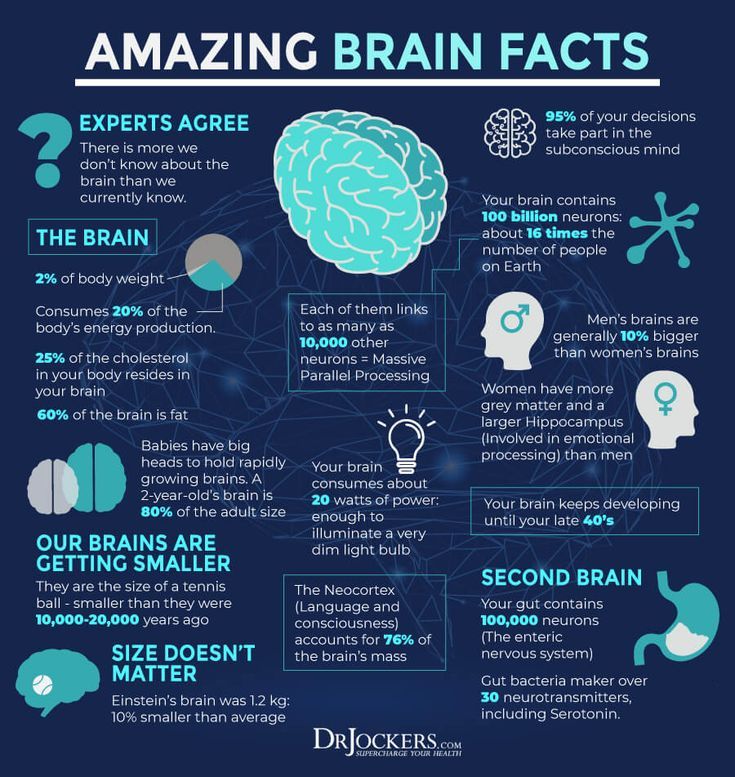 From the time you wake up until you lay down to sleep, neurons in your brain produce a curious chemical called adenosine. As adenosine is produced, it binds with adenosine receptors in the brain, causing you to feel tired and eventually fall asleep.
From the time you wake up until you lay down to sleep, neurons in your brain produce a curious chemical called adenosine. As adenosine is produced, it binds with adenosine receptors in the brain, causing you to feel tired and eventually fall asleep.
When caffeine enters the bloodstream and makes its way to the brain, it blocks the adenosine receptors. That’s what gives you the boost of energy and alertness, improved memory and cognitive performance, increased focus, and even increased accuracy of reactions.
Over time, however, your brain will begin to build up a tolerance to the drug, and you may experience withdrawal symptoms, such as headaches, increased sleepiness, lack of concentration, and irritability.
To sum it up, coffee (really, caffeine) literally changes your brain chemistry, providing you with that boost of energy and focus you need in the morning. But as with anything, it’s best in moderation. (Though, it is somewhat comforting to know it would take dozens of cups of coffee in a very short period of time to kill you. )
)
Ever feel yourself getting swept away in a story, imagining yourself in the shoes of the protagonist and visualizing the fictitious world around you? Getting lost in a book may have a lasting effect on your brain, says a study from study from Emory University.
A group of 21 undergrads were asked to read 30 pages of Pompeii by Robert Harris, followed by a quiz, each night for nine days. Before starting, after finishing the novel, and each morning during the 19-day study, participants were given to fMRIs.
These brain scans “revealed heightened connectivity in the left temporal cortex, the area of the brain associated with receptivity for language,” reports The Atlantic’s Julia Ryan.
In addition, the study showed that readers could experience something called “embodied semantics.” That’s the technical way of saying that the “brain connectivity during a thought-about action actually mirrors the connectivity that occurs during the actual action.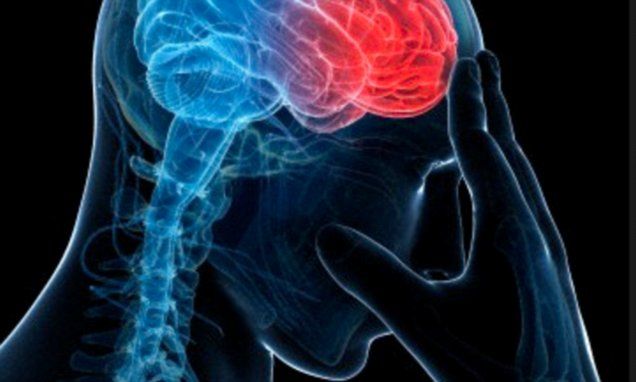 For example, thinking about swimming can trigger some of the same neural connections as physical swimming.”
For example, thinking about swimming can trigger some of the same neural connections as physical swimming.”
That means that imagining actions as you read about them can physically alter the connections in your brain. Pretty cool stuff.
6. Listening to musicWhen some people want to truly focus, they seek total silence, but many turn on their music. Turns out, there’s a scientific reason behind this. Ben Greenfield explains:
When you graph the electrical activity of your brain using EEG, you generate what is called a brainwave pattern, which is called a “wave” pattern because of its cyclic, wave-like nature…When we lower the brain wave frequency…we can put ourselves in an ideal condition to learn new information, perform more elaborate tasks, learn languages, analyze complex situations and even be in what sports psychologists call “The Zone”, which is a state of improved focus and performance in athletic competitions or exercise. Part of this is because being the slightly decreased electrical activity in the brain can lead to significant increases in feel-good brain chemicals like endorphins, noroepinephrine and dopamine.

Most importantly, you can actually “force” your brain into this ideal “alpha brain wave relaxation” with the right frequency of music.
In fact, music service focus@will has partnered with leading neuroscientists to curate a selection of tunes designed to help you concentrate while working or studying. Trials carried out by the company show a 12-15% increase in focus and up to 400% longer work session time.
7. Wandering in natureSpending time in outdoor green spaces has been linked to improvements in mood, concentration, and creativity. Now a recent study has given us some insight into the neurological processes that might be creating these benefits.
Gregory Bratman, a graduate student at Stanford University, designed a study that looked at the blood flow to the subgenual prefrontal cortex, the part of the brain associated with brooding. As Gretchen Reynolds explained in a New York Times article on the subject:
Brooding, which is known among cognitive scientists as morbid rumination, is a mental state familiar to most of us, in which we can’t seem to stop chewing over the ways in which things are wrong with ourselves and our lives.
This broken-record fretting is not healthy or helpful. It can be a precursor to depression and is disproportionately common among city dwellers compared with people living outside urban areas, studies show.
In his study, Bratman found that participants who had gone for a 90-minute walk in a quiet, tree-lined neighborhood reported experiencing less morbid rumination and showed less blood flow to the subgenual prefrontal cortex than those who had walked along a busy highway for the same amount of time.
The study suggests that taking the time to wander in nature can in fact change your brain in ways that make you happier.
8. MultitaskingA growing body of research has clearly shown that humans are physically incapable of multitasking. Instead, the human brain merely single-tasks very quickly, switching back and forth between multiple tasks at a rate that makes you feel and believe you’re actually doing two things at once.
But you aren’t. Sorry to be the bearer of bad news.
Sorry to be the bearer of bad news.
If you think you spend much of your time “multitasking”, you could actually be rewiring your brain – and not in a good way.
Clifford Nass, communications professor at Stanford, notes that constant multitasking actually changes the “pathways in our brains.” Your attention span is considerably shortened and your emotional intelligence is stunted. At the same time, you become worse at sorting through information and completing creative tasks.
Maybe it’s time you close out of some browser tabs and logout of Twitter for a while. Here are 19 ways to be kind to your brain by turning single-tasking into a habit.
9. Eating sugarThe average American consumes five times the amount of sugar they should be eating on a daily basis, according to Natasa Janicic-Kahric of Georgetown University Hospital. In addition to contributing to obesity and diabetes, sugar consumption also has scary effects on your brain’s health.
Overconsumption of sugar may impair neurological functioning, according to a study on rats done by researchers at UCLA. As the Carolyn Gregoire of the Huffington Post reported:
As the Carolyn Gregoire of the Huffington Post reported:
Heavy sugar intake caused the rats to develop a resistance to insulin — a hormone that controls blood sugar levels and also regulates the function of brain cells. Insulin strengthens the synaptic connections between brain cells, helping them to communicate better and thereby form stronger memories. So when insulin levels in the brain are lowered as the result of excess sugar consumption, cognition can be impaired.
In this way, eating too much sugar can impair memory and learning skills, and may even contribute to neurodegenerative diseases like Alzheimer’s and dementia.
But that’s not all. Including too much of the sweet stuff in your diet has been shown to correlate with increased risk of depression. Sugar activates the mood-enhancing neurotransmitter serotonin in our brain. When continuously overstimulated, our serotonin levels begin to deplete, making it more difficult for us to regulate our mood.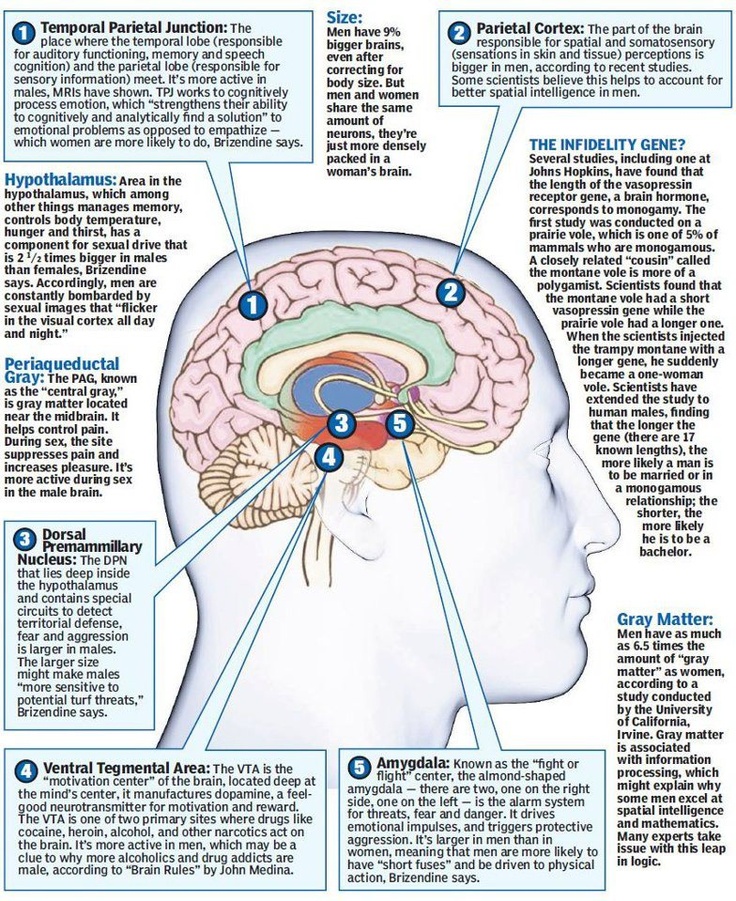
Finally, it turns out that simply believing that you have the power to physically change your brain can in fact help you change your brain.
Carol Dweck explained the significance of what she called a “growth mindset” in her famous TED Talk titled “The Importance of Believing You Can Improve.” To sum up her profound point, kids who are taught that they didn’t correctly solve a problem or pass a test yet showed more willingness to learn and improve than those graded on a simple pass/fail system:
Just the words “yet” or “not yet,” we’re finding, give kids greater confidence, give them a path into the future that creates greater persistence. And we can actually change students’ mindsets. In one study, we taught them that every time they push out of their comfort zone to learn something new and difficult, the neurons in their brain can form new, stronger connections, and over time they can get smarter.
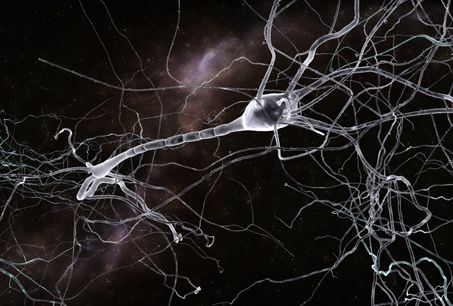
The benefits of a growth mindset aren’t limited to school children. Approaching challenges with an attitude that embraces growth and improvement can give us the grit we need to push our limits, strengthen beneficial neural connections, and create entirely new ones well into old age.
I don’t know about you, but I find that incredibly comforting.
Conditions That Change the Brain
Medically Reviewed by Carol DerSarkissian, MD on August 02, 2021
When you go through something traumatic, your brain triggers a “flight-or-fight” response. Most people recover on their own, but some get posttraumatic stress disorder. PTSD causes your amygdala -- the part of the brain that controls emotions -- to be overactive. And it lowers activity in your prefrontal cortex, a decision-making area. It can also shrink your hippocampus, which forms memories.
And it lowers activity in your prefrontal cortex, a decision-making area. It can also shrink your hippocampus, which forms memories.
Depression doesn’t affect just your mood. The disorder can change your brain. Experts say it lessens activity in some brain areas, including your prefrontal lobes, which are involved with things like reasoning, personality, and judgment. One study found that people who were depressed for more than a decade had about 30% more brain inflammation. This may lead to brain cell loss, which would make memory problems and dementia more likely.
Strokes happen when blood flow to part of your brain stops. They cause permanent brain damage, and can lead to death and disability. Your symptoms will depend on where your stroke happens. If it’s on the left side of the brain, you may have weakness on numbness on the right side of your body, and speaking may be tough as well. If your stroke is on the right side of the brain, you may have weakness or numbness on your left side.
It’s no secret that alcohol affects the brain. It can cause blurry vision, slurred speech, and memory loss. That’s because alcohol kills brain cells. Over time, drinking too much can damage your brain. Research shows that it can shrink certain parts of your brain, too. Some experts say that people with alcoholism have a smaller hippocampus -- the area important for learning and memory -- than those who don’t drink often.
People with schizophrenia have different brains than those without this mental disorder. Scans show they lose gray and white matter, the fatty material that makes up the brain. White matter sits deep in the brain, where information travels. Gray matter surrounds it and, among other things, helps the brain process information. In people who have schizophrenia, gray matter tends to leave first, with white matter going away over time.
Your brain has cells called neurons. They “talk” to each other through chemical and electrical signals, and send messages to the rest of your body.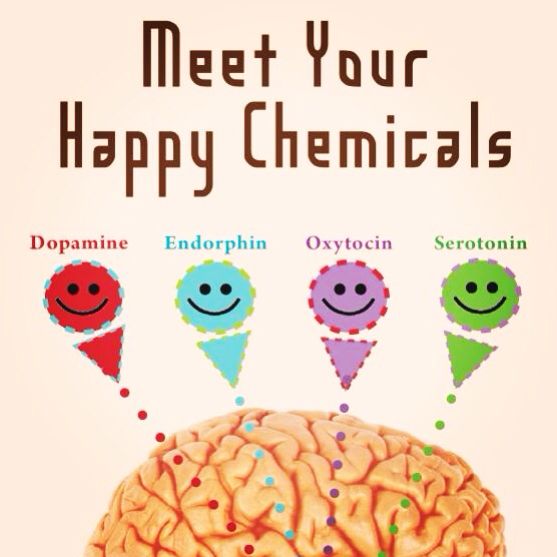 Alzheimer’s disease disrupts this communication. It’s thought that the breakdown comes from a buildup of two proteins, amyloid and tau. Both create tangles that might disrupt messages.
Alzheimer’s disease disrupts this communication. It’s thought that the breakdown comes from a buildup of two proteins, amyloid and tau. Both create tangles that might disrupt messages.
People who get migraines have faulty wiring in their brain. Certain nerves overreact to triggers, such as stress or bright light. This sets off a wave of activity, which causes chemicals to narrow blood vessels in the brain. That brings the headache and other symptoms. Over time, chronic migraines might cause to you lose some gray and white matter.
A brain aneurysm is weak spot in a blood vessel. It usually balloons or bulges out and fills with blood. Many look like a berry hanging on a thin stem. They often form on arteries at the base of the brain. Some aneurysms leak or rupture. That causes bleeding in the brain or the area between your brain and its lining. These are hemorrhagic strokes. They can start as headaches but can lead to nausea, seizures, and death.
Any number of mishaps, such as a car crash or bump to the head, can cause a concussion.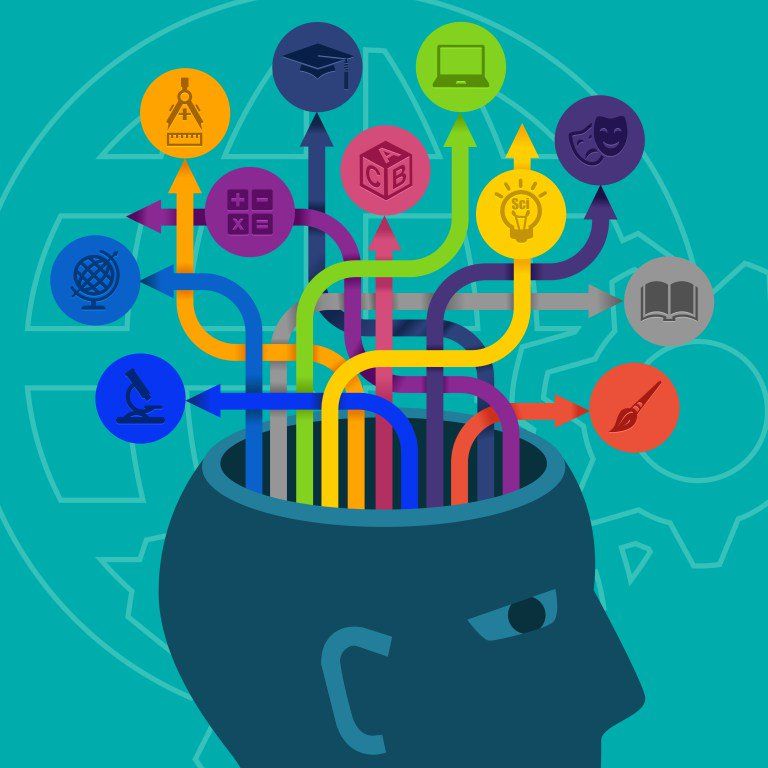 During impact, the brain slides and bumps into the inside of the skull. This can bruise the brain and tear nerve tissue. Concussions also shake up the balance of chemicals in the brain, harming nerve cell function and triggering inflammation. While the brain usually heals on its own, getting multiple concussions may lead to long-lasting damage.
During impact, the brain slides and bumps into the inside of the skull. This can bruise the brain and tear nerve tissue. Concussions also shake up the balance of chemicals in the brain, harming nerve cell function and triggering inflammation. While the brain usually heals on its own, getting multiple concussions may lead to long-lasting damage.
Scientists are still looking at the brain changes responsible for the intense mood changes of bipolar disorder. They think they’re the result of imbalances of neurotransmitters. These chemicals send messages between brain cells. They play a role in things like mood, sleep, and memory. For example, too much of a neurotransmitter called noradrenaline can cause mania, while too little sets the stage for depression.
When you have MS, your immune system attacks the nerves in your brain and spinal cord. Your body sends white blood cells to harm the myelin, the layer of insulation around nerves. This causes nerve damage, and disrupts the flow of information to and from the brain. Over time, scar tissue forms on the nerves and creates lesions. These changes lead to things like numbness, tremors, and vision problems.
Over time, scar tissue forms on the nerves and creates lesions. These changes lead to things like numbness, tremors, and vision problems.
Experts think ADHD symptoms, like inattention and hyperactivity, come from brain differences. Research shows there’s less gray and white matter in people with ADHD. Certain areas also take longer to take shape. What’s more, networks of nerve cells work differently. These networks send signals in the brain, and they play a role in attention and focus.
This mind-body practice eases stress and boosts mental health. Now, research reveals that it may actually change your brain. One study found that meditating for 2 months increased gray matter in parts of the brain that control emotions and learning. Meditation also strengthens the connection between brain cells. It may also ease inflammation in the brain and protect against Alzheimer’s disease.
Getting moving is good for the body and brain. Exercise pumps blood to the brain, which delivers oxygen and nutrients. It also stimulates the release of proteins that keep brain cells healthy and help grow new ones. Research shows that exercise may grow the areas of your brain that control thinking and memory.
It also stimulates the release of proteins that keep brain cells healthy and help grow new ones. Research shows that exercise may grow the areas of your brain that control thinking and memory.
IMAGES PROVIDED BY:
1) Bill Hathaway, Yale University
2) Steven Needell / Science Source
3) Lars Neumann / Getty Images
4) Science Source / Science Source
5) Wellcome Department of Cognitive Neurology / Science Source
6) Alfred Pasieka / Science Source
7) Charing Cross Hospital / Science Source
8) Chris Bjornberg / Science Source
9) Living Art Enterprises / Science Source
10) Science Source / Science Source
11) Scott Camazine / Science Source
12) BSIP / JACOPIN / Medical Images
13) Fernando Da Cunha / Science Source
14) Science Photo Library / SCIEPRO / Getty Images
SOURCES:
Alcoholism: Clinical & Experimental Research: “Hippocampus Volume Loss Due to Chronic Heavy Drinking.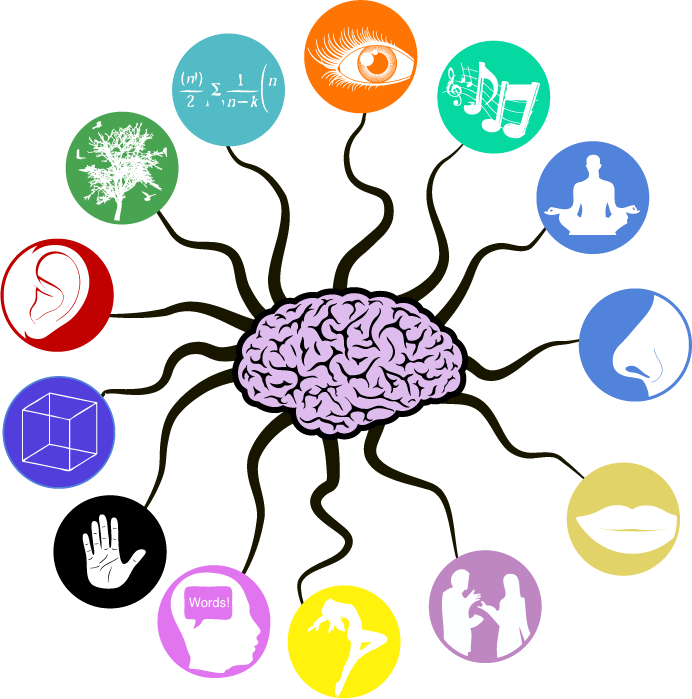 ”
”
American Academy of Child & Adolescent Psychiatry: “ADHD & the Brain.”
American Heart Association: “Effects of Stroke.”
American Stroke Association: “What You Should Know About Cerebral Aneurysms.”
Annals of the New York Academy of Sciences: “Amygdala, Medial Prefrontal Cortex, and Hippocampal Function in PTSD.”
Archives of Neurology: “Association of Alcohol Consumption with Brain Volume in the Framingham Study.”
Biological Psychiatry: “Alternations in Resting-State Functional Connectivity Link Mindfulness Meditation with Reduced Interleuken-6: A Randomized Controlled Trial.”
BrainFacts.org: “What Happens to the Brain During and After Concussion?”
Current Opinions in Neurobiology: “The Amygdala and Emotion.”
Current Opinions in Psychiatry: “Evidence for White Matter Abnormalities in Schizophrenia.”
Dialogues in Clinical Neuroscience: “Traumatic Stress: Effects on the Brain. ”
Harvard Medical School: “Regular Exercise Changes the Brain to Improve Memory, Thinking Skills.”
Johns Hopkins Medicine: “How a Migraine Happens.”
Journal of Neural Transmission: “Longitudinal Brain Volume Changes in Major Depressive Disorder.”
Lancet: “Association of Translocator Protein Total Distribution Volume with Duration of Untreated Major Depressive Disorder: A Cross-Sectional Study.”
Mayo Clinic: “Concussion, “Meditation,” “Multiple Sclerosis.”
National Health Service (UK): “Bipolar Disorder.”
National Institute of Mental Health: “ADHD,” “Bipolar Disorder,” “Post-Traumatic Stress Disorder,” “Schizophrenia.”
National Institute on Alcohol Abuse and Alcoholism: “Alcohol’s Damaging Effects on the Brain.”
National Institute on Aging: “What Happens to the Brain in Alzheimer’s Disease?”
National Multiple Sclerosis Society: “Definition of MS,” “Diagnosis: The Basic Facts.”
National Stroke Association: “What is Stroke?”
Neurochemistry Research: “Inflammation, Depression, and Dementia: Are They Connected?”
Neurology: “Migraine and Structural Changes in the Brain. ”
Psychiatry Research: “Mindfulness Practice Leads to Increases in Regional Gray Matter Density.”
The American Journal of Psychiatry: “Accelerated Gray and White Matter Deterioration with Age in Schizophrenia.”
The Association of Migraine Disorders: “Causes of Migraine.”
The Dana Alliance for Brain Initiatives: “How Does Exercise Affect Your Brain?”
Word Psychiatry: “The Underlying Neurobiology of Bipolar Disorder.”
© 2021 WebMD, LLC. All rights reserved. View privacy policy and trust info
"Chemical Brain" and Cognitive Side Effects
What is "Chemical Brain"?
Some cancer patients experience cognitive changes during treatment. Patients and their families may notice changes that affect thinking, attention, or memory. Patients often refer to this state of brain fog as "chemical brain." Cognitive side effects in cancer are not fully understood. Possible causes include chemotherapy, radiation therapy, surgery and hydrocephalus. Some cognitive changes are temporary, while others may persist for a long time. nine0005
Chemical brain symptoms and cognitive side effects in children and adolescents
Signs and symptoms of cognitive changes in cancer often depend on the patient's age. The patient may feel that his brain is working slower than usual or as if it is clouded. Possible symptoms of cognitive impairment or "chemical brain":
- Memory impairment
- Absentmindedness
- Inability to concentrate or quick distractibility
- Slow speech
- Difficulty finding words
- Confused mind
- Jobs taking longer than usual
- Problems in organizing thoughts
- Anxiety or frustration about schooling
- Changes in academic performance or performance
- Loss of interest in reading, games, or other activities that require concentration
Causes of chemo brain and cognitive side effects
Cognitive side effects of chemotherapy and radiotherapy are likely to be due to several causes. A particular cancer treatment can directly affect the brain, affecting cell growth, inflammation, and blood flow.
Other factors may affect thinking, attention, and memory in cancer patients. These include:
- Medicines such as antiemetics, pain relievers and corticosteroids
- Surgery and anesthesia
- Infection
- Low blood counts
- Changes in hormonal status
- Stress, anxiety or depression
- Changes in daily life and environment
- Sleep disorders and fatigue
- Malnutrition
- Hearing or vision problems
Family members of the patient should be aware that the development of cognitive impairment may not be associated with cancer. Symptoms may also indicate the manifestation of hereditary or congenital disorders not related to treatment (for example, dyslexia or ADHD). Neuropsychological evaluation can diagnose specific problems, identify possible causes, and develop a treatment plan that meets the needs of the patient. nine0005
nine0005
Coping with chemo brain and cognitive side effects: recommendations for the family
Cancer treatment may cause certain cognitive changes that may be temporary or persist for a long time. But there are steps the family can take to help the patient overcome these side effects and improve cognitive health.
- Be aware of possible cognitive changes. Talk to your doctor about the risk of side effects and long-term effects associated with cancer treatment. Watch for signs of cognitive impairment. Explain the symptoms to your child in a language they can understand. Cognitive change can be scary, especially if you don't know what to expect. nine0012
- Seek help with cognitive impairment. Neuropsychologists, psychologists, and learning specialists can help you analyze problems and offer help with adjusting to school or work. Early intervention is of particular importance for patients at high risk of long-term cognitive outcomes. Some patients benefit from medications, especially those that improve attention and concentration.
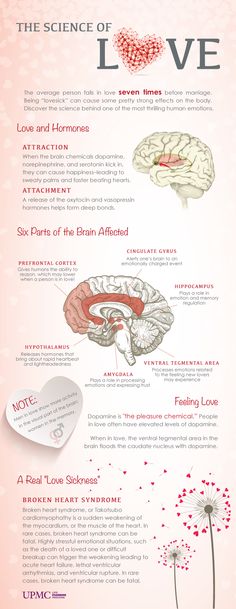 Various drugs are currently being studied to improve cognitive function in patients with cancer. These agents include methylphenidate (Ritalin®) and modafinil (Provigil®). nine0012
Various drugs are currently being studied to improve cognitive function in patients with cancer. These agents include methylphenidate (Ritalin®) and modafinil (Provigil®). nine0012 - Lead a healthy lifestyle. Many good habits have a positive effect on both physical and mental health and cognitive functions:
- Sports and an active lifestyle.
- Healthy eating.
- Correct sleep habits.
- Coping with stress.
- Enlist support for learning. Children and adolescents face many challenges when returning to school after suffering from cancer. Discuss with teachers and school administrators about available resources and special accommodations for students with disabilities, and develop a learning plan tailored to the individual needs of the child. nine0012
Practical Tips for Coping with Chemo Brain and Cognitive Side Effects
Most patients recover cognitive function over time. However, there are a number of practical tips that can be used to combat cognitive impairment in everyday life.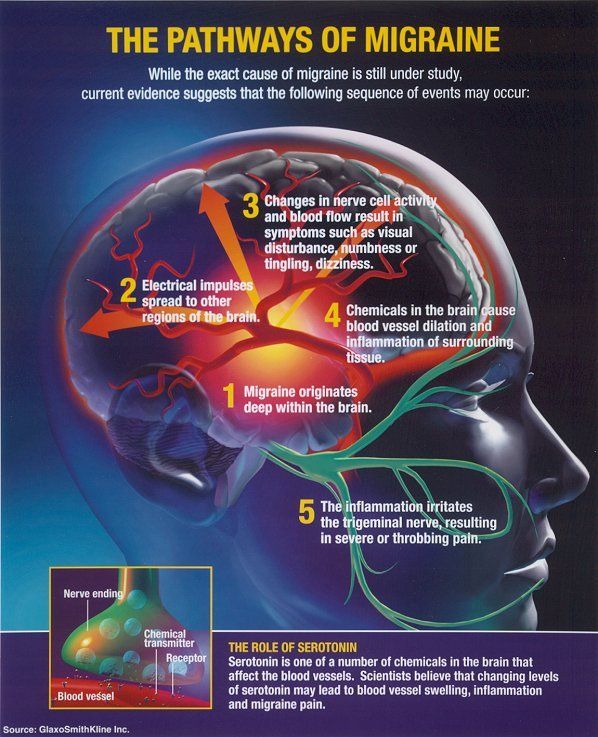 The patient and his family can think together about suitable methods. They must necessarily take into account the age of the patient and his opinion.
The patient and his family can think together about suitable methods. They must necessarily take into account the age of the patient and his opinion.
Use reminders and other aids. nine0071 Memory disorders are characteristic of the "chemical brain". Calendars, notes, to-do lists and reminders will help the patient organize his day and not forget anything.
- Make a to-do list where you can cross off completed tasks.
- Set alarms to remind you to take your medicine or complete a task.
- Create a detailed to-do list or calendar. In addition, you can make a family calendar, where the affairs of each family member have their own place. nine0107
- Work with teachers to ensure that the child has all the necessary records of lessons and homework.
- Use sticky notes to remind you of schedule changes or other important information.
Stick to your usual routine. Many families report that consistency is essential for improving memory and concentration. In addition, a stable routine will help reduce stress and anxiety levels, as the child will know what to expect. nine0005
In addition, a stable routine will help reduce stress and anxiety levels, as the child will know what to expect. nine0005
- Wake up and go to bed at the same time every day.
- Set aside time for homework, play, meals and sleep.
- Stick to one route when walking, biking or driving.
- Take your medications and perform medical procedures at the same time each day.
- Keep things in the same places, and if things often get out of place, keep spares (shoes, outerwear, textbooks, keys). nine0107
Focus on one thing. Multitasking may be difficult for patients who suffer from brain chemistry or cognitive side effects. Limit distractions during any activity. Help the patient break the task down into simple steps and do them one at a time.
- Create a quiet place to do homework, read or prepare school projects. nine0011 Turn off the TV and music when getting ready for school or going to bed.
- Write down directions for difficult tasks.
- Work with teachers to create special conditions in the classroom (for example, a seat in the front row, extra time or privacy during tests or individual work).
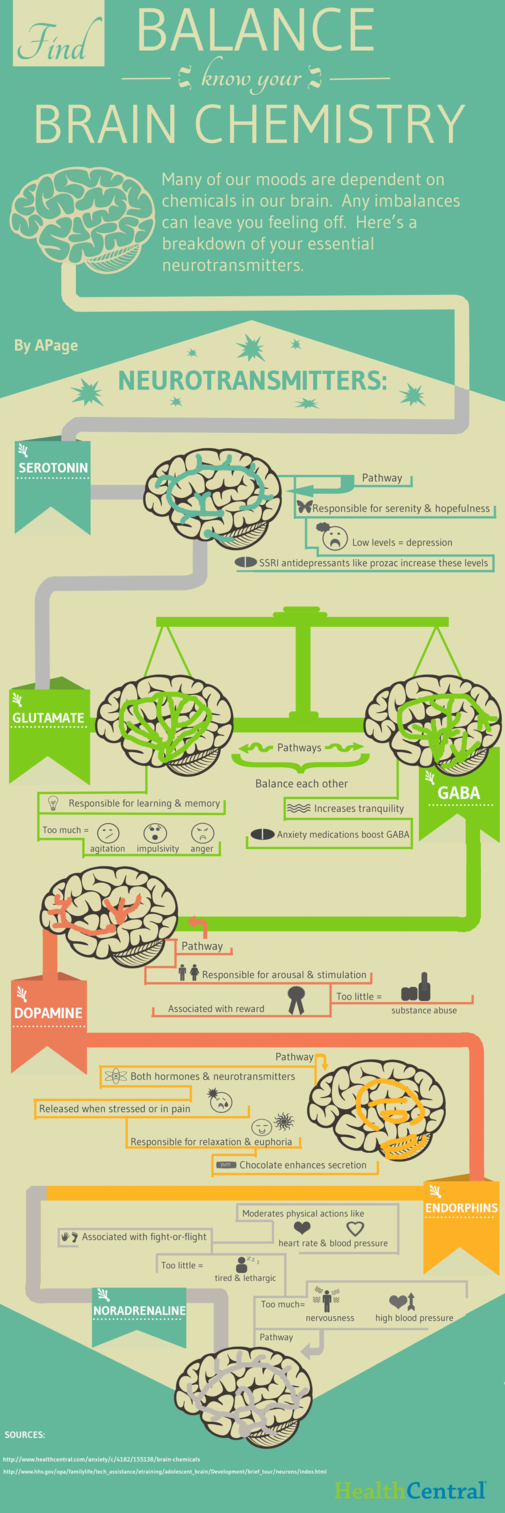
Develop your thinking skills. "Chemical Brain" and cognitive side effects are individual. Some patients may have difficulty remembering, while others may find it difficult to concentrate. Find fun ways to build skills and exercise your brain through games, puzzles, and more. Choose activities according to the age and ability of the child. nine0005
- Try different memory, strategy or logic games.
- Do physical exercises that require both physical and mental coordination.
- Play word games to improve word matching and vocabulary.
- Classes should not be boring and moderately difficult. Watch for signs of anxiety, fatigue, or depression.
Learn more about the chemical brain and cognitive functions
- Learning problems after treatment
- Parent Information and Resource Center
- Example of an application for the creation of special conditions in a school for a patient
- Intellectual training
- Cognitive functions and brain tumors
- Pediatric Brain Tumor Association
- Memory and concentration disorders in cancer treatment
-
The Together online resource is not an endorsement of any of the branded products mentioned in this article.
-
Modified April 2019
"Chemical Brain" and Cognitive Side Effects
What is "Chemical Brain"?
Some cancer patients experience cognitive changes during treatment. Patients and their families may notice changes that affect thinking, attention, or memory. Patients often refer to this state of brain fog as "chemical brain." Cognitive side effects in cancer are not fully understood. Possible causes include chemotherapy, radiation therapy, surgery and hydrocephalus. Some cognitive changes are temporary, while others may persist for a long time. nine0005
Chemical brain symptoms and cognitive side effects in children and adolescents
Signs and symptoms of cognitive changes in cancer often depend on the patient's age. The patient may feel that his brain is working slower than usual or as if it is clouded. Possible symptoms of cognitive impairment or "chemical brain":
- Memory impairment
- Absentmindedness
- Inability to concentrate or quick distractibility
- Slow speech
- Difficulty finding words
- Confused mind
- Jobs taking longer than usual
- Problems in organizing thoughts
- Anxiety or frustration about schooling
- Changes in academic performance or performance
- Loss of interest in reading, games, or other activities that require concentration
Causes of chemo brain and cognitive side effects
Cognitive side effects of chemotherapy and radiotherapy are likely to be due to several causes.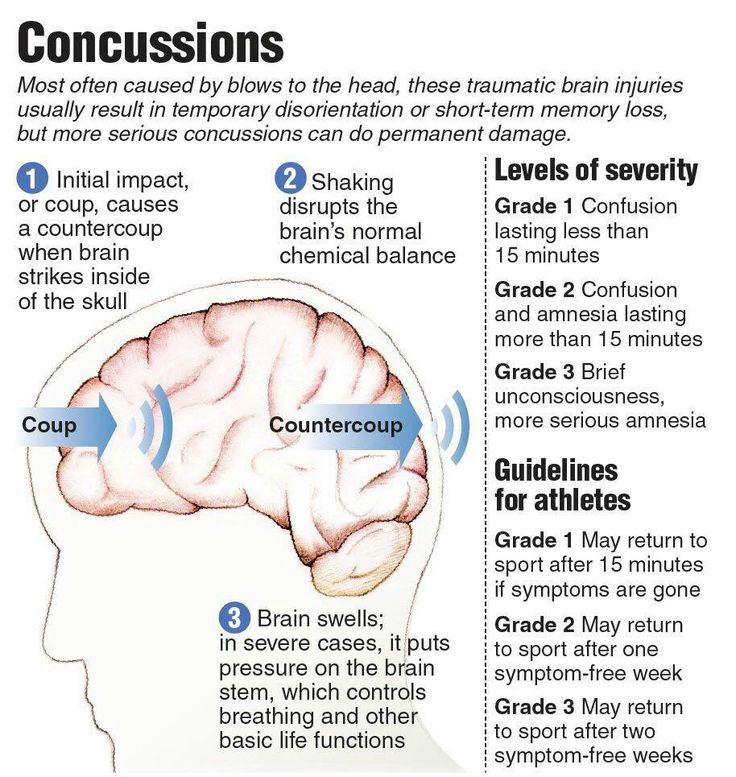 A particular cancer treatment can directly affect the brain, affecting cell growth, inflammation, and blood flow.
A particular cancer treatment can directly affect the brain, affecting cell growth, inflammation, and blood flow.
Other factors may affect thinking, attention, and memory in cancer patients. These include:
- Medicines such as antiemetics, pain relievers and corticosteroids
- Surgery and anesthesia
- Infection
- Low blood counts
- Changes in hormonal status
- Stress, anxiety or depression
- Changes in daily life and environment
- Sleep disorders and fatigue
- Malnutrition
- Hearing or vision problems
Family members of the patient should be aware that the development of cognitive impairment may not be associated with cancer. Symptoms may also indicate the manifestation of hereditary or congenital disorders not related to treatment (for example, dyslexia or ADHD). Neuropsychological evaluation can diagnose specific problems, identify possible causes, and develop a treatment plan that meets the needs of the patient.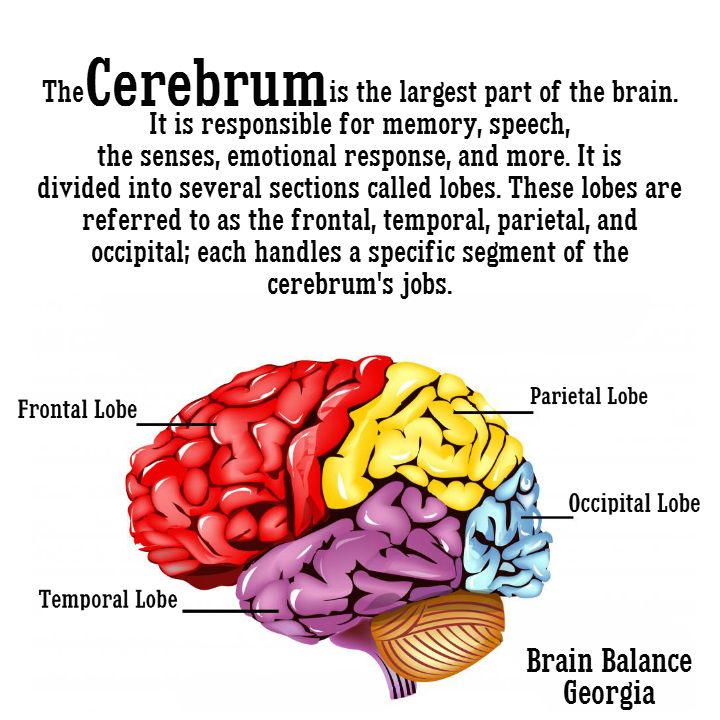 nine0005
nine0005
Coping with chemo brain and cognitive side effects: recommendations for the family
Cancer treatment may cause certain cognitive changes that may be temporary or persist for a long time. But there are steps the family can take to help the patient overcome these side effects and improve cognitive health.
- Be aware of possible cognitive changes. Talk to your doctor about the risk of side effects and long-term effects associated with cancer treatment. Watch for signs of cognitive impairment. Explain the symptoms to your child in a language they can understand. Cognitive change can be scary, especially if you don't know what to expect. nine0012
- Seek help with cognitive impairment. Neuropsychologists, psychologists, and learning specialists can help you analyze problems and offer help with adjusting to school or work. Early intervention is of particular importance for patients at high risk of long-term cognitive outcomes. Some patients benefit from medications, especially those that improve attention and concentration.
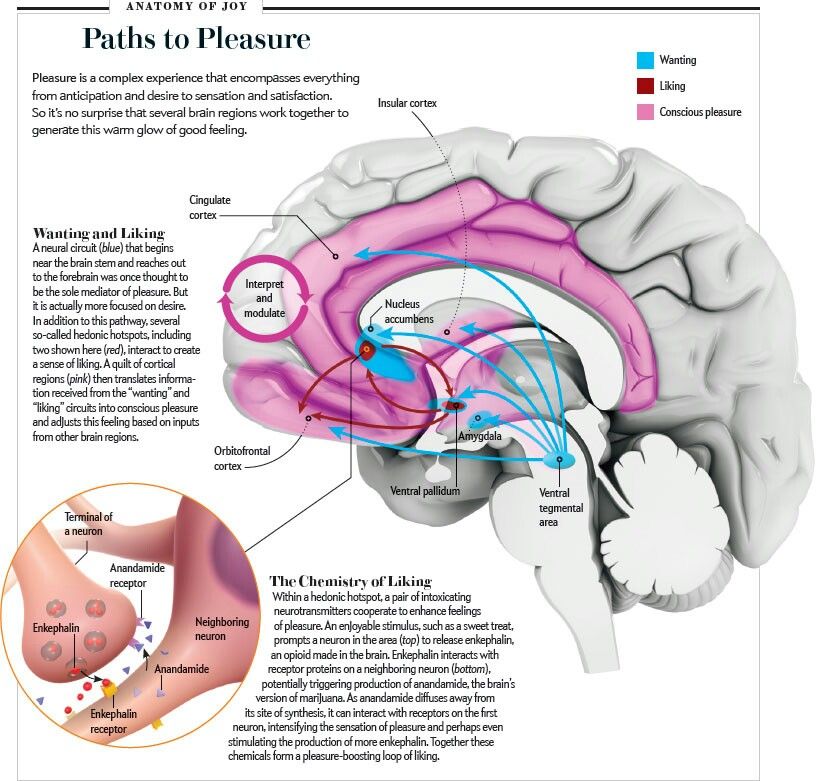 Various drugs are currently being studied to improve cognitive function in patients with cancer. These agents include methylphenidate (Ritalin®) and modafinil (Provigil®). nine0012
Various drugs are currently being studied to improve cognitive function in patients with cancer. These agents include methylphenidate (Ritalin®) and modafinil (Provigil®). nine0012 - Lead a healthy lifestyle. Many good habits have a positive effect on both physical and mental health and cognitive functions:
- Sports and an active lifestyle.
- Healthy eating.
- Correct sleep habits.
- Coping with stress.
- Enlist support for learning. Children and adolescents face many challenges when returning to school after suffering from cancer. Discuss with teachers and school administrators about available resources and special accommodations for students with disabilities, and develop a learning plan tailored to the individual needs of the child. nine0012
Practical Tips for Coping with Chemo Brain and Cognitive Side Effects
Most patients recover cognitive function over time. However, there are a number of practical tips that can be used to combat cognitive impairment in everyday life.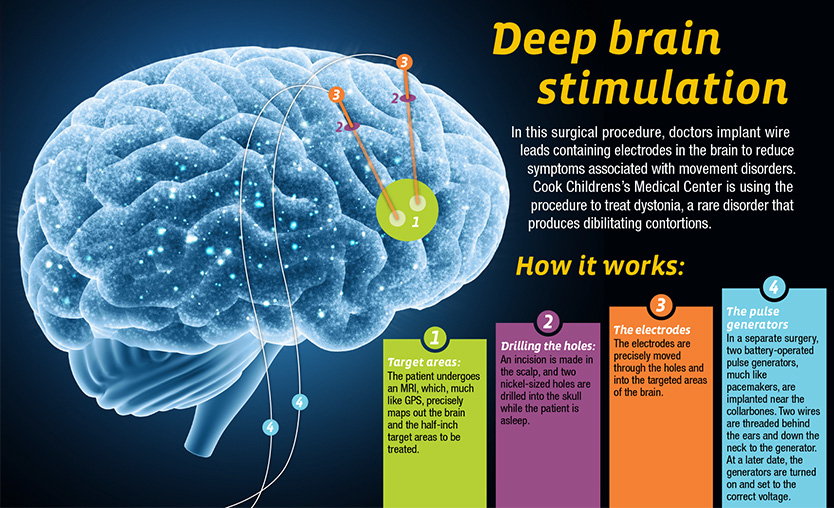 The patient and his family can think together about suitable methods. They must necessarily take into account the age of the patient and his opinion.
The patient and his family can think together about suitable methods. They must necessarily take into account the age of the patient and his opinion.
Use reminders and other aids. nine0071 Memory disorders are characteristic of the "chemical brain". Calendars, notes, to-do lists and reminders will help the patient organize his day and not forget anything.
- Make a to-do list where you can cross off completed tasks.
- Set alarms to remind you to take your medicine or complete a task.
- Create a detailed to-do list or calendar. In addition, you can make a family calendar, where the affairs of each family member have their own place. nine0107
- Work with teachers to ensure that the child has all the necessary records of lessons and homework.
- Use sticky notes to remind you of schedule changes or other important information.
Stick to your usual routine. Many families report that consistency is essential for improving memory and concentration.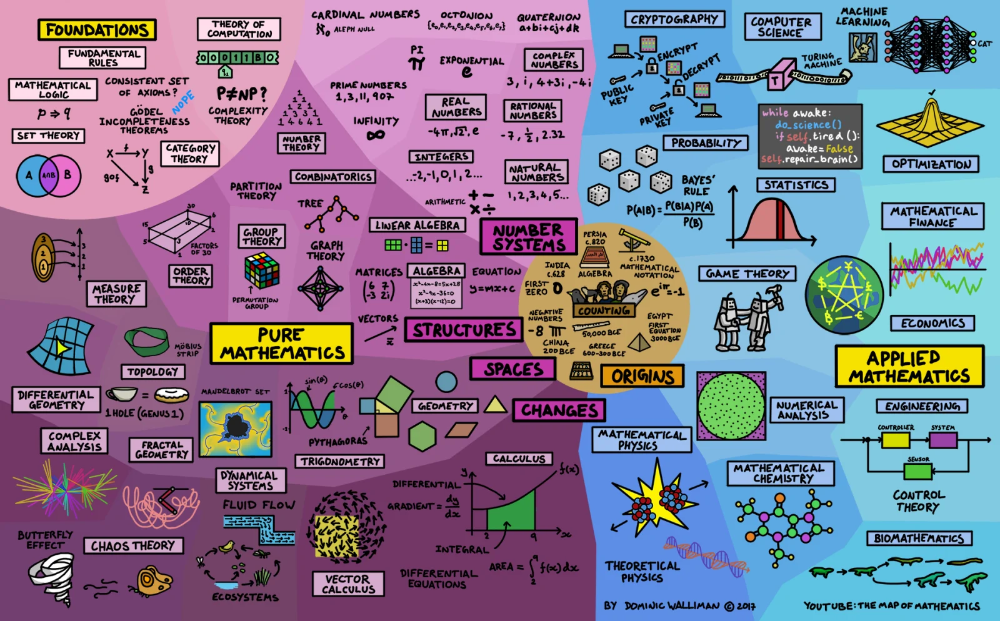 In addition, a stable routine will help reduce stress and anxiety levels, as the child will know what to expect. nine0005
In addition, a stable routine will help reduce stress and anxiety levels, as the child will know what to expect. nine0005
- Wake up and go to bed at the same time every day.
- Set aside time for homework, play, meals and sleep.
- Stick to one route when walking, biking or driving.
- Take your medications and perform medical procedures at the same time each day.
- Keep things in the same places, and if things often get out of place, keep spares (shoes, outerwear, textbooks, keys). nine0107
Focus on one thing. Multitasking may be difficult for patients who suffer from brain chemistry or cognitive side effects. Limit distractions during any activity. Help the patient break the task down into simple steps and do them one at a time.
- Create a quiet place to do homework, read or prepare school projects. nine0011 Turn off the TV and music when getting ready for school or going to bed.
